Welcome to my blog!
Every morning, I begin with a cup of coffee and 15 minutes of free thinking. I write down everything that comes to mind, from new ideas to thoughts that emerged overnight. This is where I develop and refine my new research. You'll find some repetition and ideas still in progress. Some might seem unusual or unclear at first, but that's part of the journey! I'm excited to share how my ideas form and evolve.
A Logician’s Code of Conduct
At long last I can share this: my next book, A Logician’s Code of Conduct, now has a page on the McGill-Queen's University Press site. It looks at how we might use logic more fairly in everyday life, drawing on feminist, queer, and post-colonial work, and it proposes a kind of code of conduct for our interactions that aims to avoid logical injustice.
A Logician’s Code of Conduct now has an official page on the McGill-Queen’s University Press website, which means the book is finally out in the world in at least one concrete way. You can find the description, publication details, and preorder information here:
https://www.mqup.ca/Books/A/A-Logician-s-Code-of-Conduct
This book picks up where Logic in the Wild left off. It looks at how the logical habits we rely on every day can both help and harm, especially when they are used to dismiss certain ways of thinking as incoherent. Drawing on feminist, queer, and post-colonial work, I try to show how logic can be practised as a code of conduct: being open about our assumptions, negotiating standards that fit the context, and treating others as coherent reasoners even when we disagree deeply.
Like Logic in the Wild, the book is written without formal symbols and is intended for readers who are curious about logic but do not necessarily have a background in it. The aim is not to turn everyone into logicians, but to make it easier to use logical tools in ways that are fair, equitable, and responsive to the people we are actually talking with.
What’s Logically Wrong with Populism?
Examining the ways populism exploits incoherence and bad logic to make truth irrelevant, and the dangers this poses to political discourse.
What’s wrong with populism from a logical point of view? You might be tempted to think that what’s wrong with it is simply that it’s illogical. You can’t trust someone who uses bad logic. That claim has some truth in it, but it needs qualification. For one, being logical isn’t really an attribute of people. Some individuals make better use of logic than others—some are trained in logical thinking, others are not; some care about it, while others don’t find much use for it in their lives. I’m okay with any of the above. Young children, for example, aren’t that good at using logic, but that doesn’t stop us from loving and interacting with them. My main point is that being logical or not isn’t a fundamental trait, like being tall or having brown eyes.
In populism, however, logic can be a barrier to effective rhetoric. The populist world champion at the moment is Trump, and it’s undeniable that he manages to convince a lot of people—but of what? What does he convince people of? Not of facts or truths, because so much of what he says isn’t true. Yet, he seems to believe whatever he says, and so do many of his followers. But why?
Here’s my hypothesis: populism exploits incoherence to obfuscate truth. And it’s not the incoherence itself that is so damaging, but how it renders matters of truth irrelevant. I mentioned above that much of what Trump says is false, but, frankly, I don’t even know. The point is that it doesn’t matter whether each of his statements is true or not, because the whole is incoherent.
I spend a lot of time illustrating in *Logic in the Wild* that truth and logic are independent. Some arguments are logical but have only false content, while others are illogical and contain only true content. This brings me to the crucial point: it’s possible to speak only truths in an illogical manner. So what’s wrong with populism? The fact that it violates logic is part of it, but that’s not the main danger. The real issue is that by persistently exploiting bad logic and rhetorical tricks, populism makes truth impotent. What’s left are passions, and human passions, unchecked by logic or truth, can be frightening.
Language and Psychologism
Exploring the relationship between logic and language, and questioning whether this relationship ultimately leads to psychologism.
Yesterday I made a strange claim, namely that seeking logic in language and speech acts is a kind of psychologism. The idea is that the specific languages we study and the content of the speech acts are arbitrary. It doesn’t matter if we speak of English or French (though it may matter, of course, when considering non-European languages), and it doesn’t matter what the speech acts are about. Whether we seek to understand negation with the English ‘not’ or the French ‘non’ should amount to the same logical analysis. And whether we are talking about things that are not frogs or things that are not elephants shouldn’t change the logical analysis of negation.
But it’s precisely this arbitrariness of language and abstraction of content that suggests language itself isn’t where the logic is. Let’s consider a more concrete theory, by Hlobil and Brandom, an inferentialist theory that explores “reasons relations” found in the speech acts of assertion and denial. The validity of an argument can be analyzed by saying that one would be wrong to assert all the premises and deny all the conclusions.
Assertion and denial, however, do not require words or language. I can shake my head to say ‘yeah’ or ‘nay’. Indeed, I don’t even need to express assertion and denial in any kind of way when I’m alone. I do something when I accept premises and reject conclusions, but that doesn’t necessitate a speech act of assertion and denial.
But that’s where I see psychologism creeping in. I suggest that acceptance and rejection are more fundamental psychological attitudes than assertion and denial, and in fact, the psychological act that grounds the speech acts. I’m a bit confused with this chain of thought, so I’m not offering this here as the argument behind a belief I have. I’m genuinely exploring a difficulty I feel at the intersection of language and logic. Is this a real difficulty? Not sure.
Language, Thought, and the Grounding of Logic
Examining the central role of language in Twentieth-century analytical philosophy and the relationship between language, thought, and logic.
Language has come to take a central place in Twentieth-century analytical philosophy. It’s as though language became the lens through which we inspect thought and discover truth. I’m not saying that thought is where truth resides, but rather that the expression of thought is what reveals truth. We can’t put people in scanners that will reveal their thoughts so we can assess if they are true or false. Even if we could, it’s not clear that this would become a fundamental methodology. Why? Because figuring out philosophical truth isn’t a descriptive or empirical project, as would be, for instance, the observation of stars in the universe. Yet, we engage in philosophical enquiry with thought, and we develop it in language.
Since so much of what we know and learn depends on language, it is no surprise that language use is very important. For instance, it matters whether the commandment that "you shall not kill" is about killings or murders. What we mean by the commandment is very important, and what we mean depends on how we think about it and express it in language. Thus, language has taken centre stage in philosophical investigation.
Now, what about logic? The same reasoning applies: logical reasoning is expressed in language, and language use is crucial to understanding logical reasoning. Yet, there’s a difference between studying language use as a proxy for logical reasoning and exclusively studying language to ground logic.
Here’s the thought I want to get at. While language is important to logical reasoning and speech acts reveal a lot about logic, the specific words we use are rather inconsequential, as is the language (e.g., English, French) that we know and use. Indeed, it’s conceivable that what is central in a speech act that reveals reasoning is the goings-on at the level of thought behind the linguistic expression. But if logic is grounded in language, and language only reveals the thought process, doesn’t it follow that logic is grounded in thought? And if so, isn’t the study of language really the study of human psychology? And if so, doesn’t this ultimately ground logic in psychologism?
Material vs. Conceptual Coherence
Exploring the distinct roles of logic and mathematics in understanding material and conceptual coherence, and how each contributes to different domains of reasoning.
When it comes to matters of fact, logical interactions become very simple, indeed because logic doesn’t organize facts. Still, there’s a way things are, ways things could have been, and ways things couldn’t have been. Einstein told us that information cannot travel faster than the speed of light, and we learned from his theories that gravity curves space-time and changes the trajectory of light. There’s a coherence to Einstein’s theory, but the coherence is purely material; it’s about the world of things. Understanding the material world in a scientific way means being able to account for the organization of things and make predictions about the future organization of things.
For this type of reasoning, logic really isn’t all that useful, other than guarding coherence in simple chains of logical reasoning, just as it does with daily reasoning. It’s really the power of mathematics that is effective for material predictions, because mathematics can make precise and measurable predictions—predictions that can be tested in the world. Logic, on the other hand, becomes much more influential in conceptual endeavors. Theories like moral or ethical theories, theories about the existence or non-existence of God, or theories about pure concepts such as the concept of truth, won’t be settled by material things.
Those who have theorized about the concept of truth have tried to identify first principles of truth, for instance, that a statement about the world is true if the world is according to the statement. The truth is about what we say, not about how things are. And those who have tried to find first principles have quickly figured out, with the help of logic, that things get weird in conceptual spaces. At the risk of creating a false dilemma, then, logic is about conceptual coherence, and mathematics about material “coherence.”
More Movement of Epistemic Classes
Examining the possibility of non-violent change in addressing epistemic oppression and the potential for a "quiet revolution" in rebalancing societal powers.
Marxism is a dynamic theory, in which classes are in constant interaction until the lower classes reach a level of exploitation that entices them to revolt against the upper class. Is a revolution necessary? I don’t think so, because it’s not too difficult to imagine a scenario in which a society engages constructively in the dialectical struggles and seeks to reestablish a more equitable distribution of power. There are pockets of historical change in which a ruling population lifts their oppressed counterparts and provides them genuine means to rehabilitate their interaction.
In Quebec, the government followed the population’s will to regain autonomy and self-determination in what is called a “quiet revolution,” one that didn’t operate with violence and the eradication of the richer classes, but rather one that realigned power so that everyone could have a fairer chance. Yet, unless the upper side of an oppressive relationship between classes genuinely acts to redress inequalities, the lower side must shake things up enough to force a change or risk the collapse of the system.
Yesterday, I talked about epistemic classes and the need for a richer classification of society that recognizes inequalities in power beyond material goods, namely the ability to contribute to the knowledge, beliefs, and values of a society, as well as the freedom to fulfill one’s life while contributing to society in alternative ways. But like with material goods, some portions of society have a greater grip on the epistemic structures; they choose what is to be published and taught, what is to be emphasized or forgotten, and the narrative of a society that secures and justifies their disproportionate epistemological influence. Unless marginalized people who do not fit in the upper side's epistemological patterns and beliefs have room to manifest their experience and seek a fair place in society, the upper side ends up reinforcing a structural system that silences narratives and erases identities.
What does it take to rehabilitate this epistemic oppression short of a revolution that shakes structures enough to give room for their stories?
The Movement of Epistemic Classes
Exploring the limitations of traditional Marxist theory in addressing modern societal complexities and the emergence of epistemic powers that shape contemporary inequities.
In traditional Marxist theory, society is divided into socio-economic classes based on the possession and production of goods. It’s a material division of society based on economic status. Those who are not owners come to be exploited, and an unequal distribution of power yields an unequal and inequitable society. Marx claimed that the movement of social classes happens by revolution and predicted that the proletariat would revolt against the bourgeoisie and rehabilitate the distribution of power in a more equitable way.
This analysis of the movement of classes is rather thin, ultimately reducible to an economic analysis of equity in society. This approach works well in a population that is otherwise homogeneous. If people perform social roles that are predictable, uniform, and stable, within a society where culture and race are relatively homogeneous, then it makes sense to separate them in a material way because the other factors are "kept equal" by default.
In a modern context, researchers in critical theory have come to endorse a richer notion of power, including not only material power but also epistemic power—encompassing cultural, moral, ethical, religious, and spiritual dimensions, and what I suggest as logical power. Because our populations are mixed and complex, and because we have created room for the emergence of alternative identities and realities, the carving of societies into material classes hides axes of oppression that are pervasive. There is inequity that happens in the public sphere where people’s identities, lived experiences, and worldviews are silenced, forcing marginalized groups to conform to the norm or be radically excluded.
A new type of social movement is now observable, whereby the oppressed are seeking epistemic rehabilitation. I’ll leave you with this question: if powers are not only material but also epistemic, is the movement of epistemic classes one of revolution?
Logical Impressionism
Today, I have the great honour of having a friend and colleague, Dr. Padriac O'Leary, contributing to Logic in the Wild blog. Dr. O'Leary recently joined the Computer Science department at the University of Auckland after completing a Ph.D. in philosophy with Prof. Fred Kroon. Today, Padriac elaborates on the idea of "logical impressionism," delving into its role in preserving coherence in complex contexts and its distinction from formal logic and rhetoric.
For people acquainted with logic and logicians, it comes as a surprise that Logic in the Wild is not a matter of formal or mathematical logic. It is rather a matter of coherence preservation in complex and potentially combinatorially dense contexts in either natural or specialised language. A combinatorially dense context is one with a lot of information, relations, and possible permutations. This applies to all types of languages equally, whether everyday discourse or those used in scientific contexts and more broadly in academia. In such contexts, the best we can hope for is that we can develop and deploy coherence probes—sense detectors, as it were. Actually, what we likely detect most is non-sense, failures to cohere or follow from previous propositional content. Coherence detectors are more like Geiger counters that start buzzing even with a trace of radioactivity. Logic is very sensitive to incoherence.
Often in these complex contexts—imagine, for example, the theory of evolution—we try to replicate the forms of logical validity that form the subject of formal logical study. But just as often, we do not. We practice something I would like to call ‘logical impressionism.’ Logical impressionism looks like rhetoric and shares with it a goal to persuade. It differs from it, however, in the role it gives the provision of reasons to accept the hypothesis. It is impressionistic because this cooperative exchange of reasons does not take the form of a valid argument to the hypothesis. Nonetheless, the process of reason-giving sketches various potentially critical locations in theory formation and persuasive leverage where an argument could play a role. Sometimes, the impressionistic formulation is more appropriate than a full-blown logical argument, especially as complexity rises.
Reason exchange in a cooperative context involves the principle of charity, which amounts to treating others as intelligent beings. Characteristically, it starts with establishing common ground, a ‘we’ of shared belief that serves as a stepping-off point in the mutual project of extending or shifting our shared beliefs towards those that are not at the point of negotiation shared.
Logical impressionism is bounded on one side by rhetoric and on the other by a formal mathematisation and interpretation of a theory. Rhetoric seeks to persuade without cooperation, and a mathematised theory seeks to meet the often too onerous criterion of demonstrable validity. Logical impressionism occupies a middle ground of narrative construction where reasons form the joints of a story about the way things might be. This narrative structure might take the place of a convincing narration within a speech or be formalised as a formal derivation from premises to a hypothesis as conclusion.
Logical impressionism differs from abductive reasoning (aka non-deductive reasoning, or reasoning with a margin of error), though it is approximated by it. They share the openness to non-monotonic and non-deductive logics, but impressionism adds to it the cooperative elements. One is abducted at; we are impressionistically persuaded. In the absence of cooperative endeavours of which impressionistic reasoning is one, we tend to default to pseudo reason-warring camps. Scholarship is shot through with these camps and cults.
If there is such a thing as logical impressionism, then we are confronted with a neglected field of study: namely, impressionism itself. What are the dynamics of a reason-trading cooperation? Can such an economy be formally characterised? To what purpose? Are there heuristics involved? What are they?
Written by Padriac Amato Tahua O'Leary
The Climber’s Agreement and Logical Charity
Exploring the principle of the climber’s agreement in the climbing community and proposing a similar approach to coherence and understanding in logical discourse.
While there are now traffic jams on top of Mount Everest, climbing is a rather isolating activity. When you hike for days to get to a wall that has never been climbed, then spend sometimes days to make it to the top, no one is there to witness your exploit, and no one was there to see you climbing to the top. When you come back and claim a first ascent, most of the time, fellow climbers only have your word for it. This is how it is. If you don’t believe climbers when they tell you their stories, why should they believe yours? If a climate of scepticism were established in the community, progress in the sport would come to a halt.
The climbing community solves that problem with “the climber’s agreement,” which is to take a fellow climber at their word. When claims of first ascents are made with descriptions of the climb and pointers for future climbers, the community accepts the testimony. As Alex Honnold once said, there’s no cheating in climbing, only lying. The climber’s agreement is a factual version of the principle of charity, which in critical theory invites you to take your fellow thinkers as intelligent people. They might make a mistake in the process of communicating beliefs, but charity invites you to correct the mistakes reasonably and seek understanding of their views rather than deconstruction. It’s much easier to be sceptical than it is to properly understand something we don’t agree with.
I want to propose a similar attitude, not with respect to content, but logic. So the logician’s climber’s agreement would be to take fellow thinkers to hold coherent beliefs. They might make logical mistakes, but oftentimes those can be identified and corrected without change to content, so go ahead. Seek coherence in their thoughts. Much like the climber’s agreement, going the opposite and taking on a sceptical stance only blocks progress. I know, it’s quite easy to show some argument isn’t valid, because validity is very hard to attain. If my goal were to debunk arguments logically, let me tell you I wouldn’t have many friends.
There are contexts in which the rigidity of valid thinking is required, for the professionals, those who dwell in mathematics. For the rest of common people, we can chill a little. Not every climber is a pro climber, and so long as they are honest about how they climbed the wall, there’s no ground for judgment or dismissal. I wonder to what extent the climber’s agreement can be extended to dialectics in the community, and when it would break down.
Social Logic
Exploring the intersection of social epistemology and logic, examining how knowledge and coherence are affected when perspectives are pooled in a community.
Social epistemology is a field of philosophy that studies knowledge not as it is held by individuals, but as it is shared in communities. Once we consider a social perspective, questions about knowledge arise that weren’t salient for individuals. How do we come to know things from others? How can we trust others to have the right kind of justification for a belief to count as knowledge? Is group knowledge always reducible to individual knowledge? Or is it possible for new knowledge to emerge once individuals get together and pool their individual knowledge?
Social epistemology forces us to look at praxis, where theory and practice meet. In praxis, a question that quickly becomes important is when we can rely on testimony. In the community, we often have to rely on the knowledge of others. I know that right after I was born, I looked up to my mother with big brown curious eyes. How do I know that? Because my mother told me, and I fully trust her testimony. But I don’t trust the testimony of the Hill couple, a famous case of alien abduction that I go over in detail in *Logic in the Wild*. I trust the sincerity in their reports of the events, but that they believe it was an alien abduction that best explains the weird course of events they experienced doesn’t make me believe in their version of the story, let alone grant me knowledge of it.
Now, is there a corresponding way to think about logic at the social level? What might social logic look like? What happens to coherence when we pool individuals’ perspectives? One thing obvious is that all individuals could have coherent stories, but theories that clash when they are put together. How are we to resolve incoherence in such cases? And what about the logical aspect of testimony? A testimony has to be told in a coherent fashion to be communicable, but what logical standards are appropriate in receiving the testimony? Circling back to the Hill couple, I think their testimony is coherent, but of course coherence doesn’t lead to truth.
What if, however, they weren’t only retelling a weird story that happened to them overnight, but a story that involves paradoxes? Or perhaps they are expressing something in a worldview that appeals to holistic conceptualisation whose coherence cannot be recognised from an orthodox logical point of view. Can logic be influenced in such social contexts?
Is Boolean Negation Explosive?
Boolean negation inherits the law of non-contradiction from mathematics, but does it also get the rule of explosion? Exploring the implications of Boolean negation for logical consistency and the potential for coherent reasoning in the presence of inconsistency.
George Boole realised that truth and falsity could be analysed mathematically, and that negation is an operator that flips between the two. The negation of A can be computed with the formula: ~A = 1 - A. If you take 1 to be truth, and 0 to be false, and you assume that A is true, then ~A = 1 - A = 1 - 1 = 0, so ~A is false. And if A is false, then ~A = 1 - A = 1 - 0 = 1, so ~A is true. So we get that ~A = 0 iff A = 1 and ~A = 1 iff A = 0.
While Boole’s insight is quite simple from a modern point of view, it changed the way people research logic and made it a topic suitable for mathematical research. One feature that Boolean negation inherits from the mathematical treatment is the law of non-contradiction. If a proposition and its negation were both true, then we would get that 1 = 0, which is mathematically absurd. So A and its negation are mutually exhaustive.
My question is why Boolean negation is also explosive, in the sense that if a proposition A is true, and also its negation ~A is true, then everything is true. I’m not asking why it satisfies the law of explosion expressed in an object language as (A & ~A) -> B, which is easy to compute. I’m asking why the inference rule of explosion A, ~A |= B holds for Boolean negation.
The best answer I can think of is that the rule of explosion is necessary for mathematical reasoning because mathematics is maximally intolerant to contradiction and the rule of explosion is what reduces triviality to inconsistency. In mathematics, inconsistency is as bad as it gets and everything becomes true. There’s no room for coherence with inconsistent material. The second answer is that the rule is derivable, as per Alexander Neckham's old argument, which you can find in "Logic in the Wild."
Either way, that Boolean negation obeys the rule of explosion isn’t entailed by a mathematical treatment of negation like the law of non-contradiction follows, but rather obeys explosion because mathematical reasoning imposes it. That leaves wiggling room for a modern paraconsistent logician who has principled reasons for thinking that explosion isn’t a valid rule of inference. If it isn’t a valid rule, then Boolean negation doesn’t have to follow it, in which case the main characteristic of Boolean negation inherited from a mathematical treatment is that the law of non-contradiction holds. It leaves it open, however, for coherent reasoning in the presence of inconsistency.
Beyond the Binary: Understanding Sex Through Intersectionality
Exploring how intersectionality challenges the concept of sex as a binary or spectrum and invites us to view it through a pluralistic manifold.
Intersectionality tells us not to think in one-dimensional spectrums, but in pluralistic manifolds. Should sex in humans be understood as a binary or as a spectrum? I want to answer neither. That it isn’t a binary is becoming clear and well-established by now. I’ve blogged about this, about how sex is a social construct in which a society adopts norms that fit in a conceptual dichotomy, that generates expectations about roles in society, and that pressures science to establish in a “natural” way. My question, rather, is whether sex falls on a spectrum.
I’m interested in noticing that concerns about intersectionality motivate a more general characterisation. Why? Because a spectrum is one-dimensional, with a range of values that fall in between two opposites. With sex, I take it that male and female are the two opposite ends of the spectrum, but that other values fall in between. What we learn from intersectionality is the shortcomings of one-dimensional thinking. A Black woman and a white man have at least two dimensions of opposition, along the sex axis and along the race axis. If we fully isolate the two axes of oppression, we create new subgroups that remain equally oppressed, if not more so, such as Black women.
Intersectionality invites us instead to think along a pluralistic manifold. To simplify the illustration, take a two-dimensional manifold that includes sex and race. On that plane, people can fall anywhere, so that a white and a Black woman fall in two different regions of the plane. Now, since sex is a social construct, what we then need to realise is that it isn’t a one-dimensional social construct. Society’s expectations, prejudice, and oppression towards Black and white women aren’t the same. Intersectionality tells us that we can’t eliminate race categorisation from sex, so that sex isn’t distributed on a spectrum, but on a plane.
This is the simplistic two-dimensional illustration, but in reality there are several dimensions (sex, race, sexuality, class, etc.) that generate not dualistic distributions over a spectrum, but pluralistic distributions over manifolds.
Why Logical Praxis?
Exploring the intersection of practice and theory in logic, and how a richer approach enhances both.
Why logical praxis? On the one hand, there’s practice; on the other, theory. Practice is about applying logic to different contexts, producing arguments, establishing beliefs or theories, communicating ideas, or engaging in dialectical enquiry. Theory is about establishing, understanding, and meeting logical standards for coherence.
In classical logic, the standards are consistency. Establishing these standards involves developing a theory of validity, using formal languages and models to understand truth preservation and contradiction avoidance, and choosing axioms and rules to create proofs that meet these standards. All that is theoretical. Practice, on the other hand, involves getting students to translate arguments into formal language, laying them out in a recognisable standard form, and testing them for validity. Practice also includes creating models for “real-world” concepts like arithmetic, knowledge, truth, or other ideas that allow for conceptual analysis and formalisation.
This traditional dichotomy between practice and theory is rather limited. There’s a much richer world out there fit for logical treatment, which is what "Logic in the Wild" explores, with the slogans of logic being the “guardian of coherence” and providing a “neutral space of dialectical enquiry.” With this broader framework, practice involves seeking coherence in arguments, beliefs, or theories and communicating constructively in a neutral space of enquiry. Theory, accordingly, becomes richer because coherence can be measured in various ways, with consistency being only one method suitable for mathematical contexts. For more fluid contexts, other standards are required—standards that are neither too strict to prevent progress nor too loose to allow incoherent thought.
It’s because both practice and theory become much richer in this approach that praxis becomes crucial. Praxis is the meeting point of practice and theory, the link between the two that allows for better theories that are fit for purpose and applications that are appropriately guarded.
Gender Symbolism in Logic
Exploring Andrea Nye's critique of logic and the challenges of addressing gender symbolism in philosophical discourse.
Andrea Nye developed a thorough rejection of logic in her book *Words of Power*. I take the book to be a form of “intellectual impression,” in which Nye articulates an interpretation of logic based on her lived experience as an outsider of the field, not part of the “gentlemen’s club,” and told about a way to access universal knowledge with maximal abstraction. Instead of presenting her perspective by way of arguments, her book is a response. I’ve been writing about this, and it’s a challenging text to write about, especially because it isn’t written to provide articulated reasons. But I fully respect the approach because I don’t think that logic is necessary or even sufficient for effective (read convincing) communication. Rhetoric has many tricks up its sleeve, and articulated reasons aren’t always the ones to favour.
While Nye may not present arguments in the traditional sense, she writes in coherent ways, which according to "Logic in the Wild," is all you need for logical reasoning to be established. What she’s not submitting to is the practice of seeking coherence with the strict logical standards of Twentieth-century logicians, those to whom the critique is ultimately directed. What’s her response? That logic is a male-fabricated tool that has liberated men in the public and academic spheres, eventually elevating them to the level of God and universal knowledge via abstraction, while keeping women away from it, back in their households, with their private knowledges.
One thing I find particularly difficult to write about is achieving fairness towards Nye’s belief about the difference in knowledges between the sexes. There’s a difference between saying that logic is masculine and passion (or emotion?) is feminine and saying that there are different ways of accessing knowledge—via logic or via passion—and that the former is traditionally ascribed to men, the latter to women. To say that logic is masculine is to commit the fallacy of gender symbolism, i.e., to ascribe gender to inanimate things. Gillian Russell’s reply to Nye isn’t to deny the impression she articulated but to rectify the slippery gender symbolism in the articulation.
References:
Nye, Andrea. Words of Power: A Feminist Reading of the History of Logic. 1st ed. Routledge, 2019. https://doi.org/10.4324/9780367854447
Russell, Gillian. “Logic: A Feminist Approach.” In Philosophy for Girls, by Gillian Russell, 79–98. Oxford University Press, 2020. https://doi.org/10.1093/oso/9780190072919.003.0007
What does feminism have to do with logic?
Examining the historical exclusion of women from the domain of logic and how feminism reveals the unequal distribution of epistemic power and the fabrication of gendered reasoning.
There’s no logical difference between men and women regarding their logical abilities or faculties. Do I really need to say that? Today? European men have created a space of enquiry where only men were allowed. Logic and reason, said the ancient Greeks, were for men. For women? Emotions and passion. Emotions and passion had to be tamed by logic and reason. Logic vs. reason; a very old saga. But that was entirely fabricated by men, starting with Aristotle in logic, and propagated over the ages.
With the Enlightenment and the Cartesian abstracted ego, man elevated himself to the equal of God, becoming the source of truth, and leaving women below. Man became the equal of God while women were kept slaves to their passions. Eventually, with the formalisation of logic, even Man got abstracted away, for what? For Mathematics? For Truth? Once women managed to leave their homes and regain access to society, there was nothing left but pure logic, man’s best friends, the totally abstracted and neutral ways of universal thinking. How dare she ask about her embodied self and situated knowledge? How dare she question the origins of the pure laws of thought? How dare she doubt the glorious male ego?
What does feminism have to do with logic? Precisely that! To reveal a history of self-gratification and abstraction. To reveal the unequal distribution of epistemic power and shared epistemic tools. To reveal how the fabric of society inherited a fabricated structure of reasoning, a combative and competitive quest for truth, the imposition of masculine coherence in every enquiry.
Logic and Harmony
Exploring how Ancient Greek notions of harmony reveal the essence of logical thinking as a pursuit of coherence, connecting music, mathematics, and the cosmos.
Yesterday, I wrote about the logic of things, partly because people sometimes use logic in that way, and also because I’m sometimes tempted to think that way but resist due to my training. In "Logic in the Wild," I discuss logic as the guardian of coherence, but I leave the definition of coherence open. This is intentional. If readers learn to engage with coherence rather than content, I’ll be proud of them, regardless of their interpretation of coherence.
One thing I’ve learnt while writing the book is that logic is much more than the symbolic game I played for twenty years. Once you start thinking about coherence instead of obsessing over consistency, you can shed new light on old, difficult questions or those dismissed by symbol manipulators. The case I want to present this morning is the way Ancient Greeks talked about harmony. Harmony, for them, was much more than pleasing sound ratios; it was a way of being, for the soul to be balanced, and for the universe to be organised. Literally, there were theories about the harmony of the soul and the harmony of the spheres. Music was just the introduction, exciting a person by making them feel harmony. As with other bodily pleasures, hearing harmonious sounds would inspire the youth to seek harmony within themselves and direct their attention to the universe, the movement of planets, and marvel at the universal harmony. Mathematics developed to treat music was thus constructed alongside mathematics for the motion of planets.
What does this have to do with logic? I realised that harmony for the Greeks is one way of seeking coherence. To find proportions of sounds that are pleasing and correlate them with the proportions of positions and movements of planets in the sky, and to understand this as the same kind of patterns that regulate the soul, is to seek coherence in the universe. It’s not about finding content or truth in things but seeking a coherent whole that makes sense of it all. And that, I submit, is essentially logical thinking. Furthermore, it is logical thinking directed at things, allowing us to talk about the logic of things.
The logic of things
This post explores how the term ‘logic’ is used in various contexts, from political ideologies to natural processes, and questions whether it genuinely reflects logical reasoning in the scenarios it describes.
People often talk about the 'logic' of various ideologies or scenarios, such as the "logic of the right," or the "logic of the left," and even extend this to "war logic" or the "logic of natural selection." I find myself resistant to these phrases, mostly because their meanings are not always clear.
Contrast "the logic of the left" and "war logic" with "the logic of natural selection." The first two concern our thoughts about societal and conflict-related issues. "The logic of the left" typically involves a political inclination towards fair redistribution and social justice. It reflects how we think about society, our beliefs about what is just, and our opinions on necessary actions. "War logic" might refer to the rationale we accept in wartime contexts. For example, arguing that we should use atomic bombs on Japanese civilians to prevent the death of American (and Japanese) soldiers would be part of “war logic.” There are specific variables, such as being on one side of the conflict and valuing the lives of your soldiers higher than the lives of the others’ civilians, which isn’t morally commendable, but something we might accept under the umbrella of the "logic of war".
On the other hand, "the logic of natural selection" refers to the processes that guide biological evolution, like the survival of the fittest—a principle explaining why certain traits prevail in species due to the survival advantages they conferred in previous generations. Is this about how we conceptualize evolution, or about how evolution actually unfolds? If it's the former, then logic is applicable as a framework for understanding. If it's the latter, it isn't really about "logic" at all but about biological processes. Asserting that certain traits dominate due to "logic" is misleading—it's not logical, it's biological. Logic, in its true sense, does not govern natural selection any more than it governs gravity or quantum mechanics.
“Kiwi Before Iwi” and the Logic of Equality
In this post, I explore the implications of the "Kiwi Before Iwi" slogan and its strict adherence to the logic of equality, questioning whether it truly serves justice or perpetuates inequality.
In New Zealand, the slogan “Kiwi before iwi” comes from a speech delivered by Don Brash in 2004, where he argued that the government should treat everyone equally. According to Brash, measures targeted specifically at Māori people grant them privileges that others do not benefit from. Instead, he believed that government policies should apply to everyone equally, meaning good measures or policies should also apply to Māori people without treating them in a special way. This is the logic of equality: everyone should be treated equally and have the same opportunities.
I wasn’t aware of this slogan in New Zealand until it resurfaced in government discourse 20 years later, like a vampire resurrected to haunt the community. It reappeared recently with Seymour and Peters, responding to affirmative action aimed at uplifting the mana of Māori people in the health system. They even equated designated spaces for Māori and Pacifika students at the University of Auckland to Apartheid, as if providing a safe space for a group of students was like preventing an entire population from accessing public services like education. Peters went as far as saying that the Labour government and its affirmative actions are akin to Nazi Germany.
The logic of equality, taken in a strict sense, leads to these catastrophic conditions. Imagine a family with children: one is a successful citizen with a high income, while another requires full-time assistance due to a health condition and cannot work or fend for themselves. Is it unjust for the parents to provide for the latter child and not give equally to the wealthier one? If the parents spend money on the child in need, must they give the same amount to the rich child to ensure equal treatment? Or should they only provide for the child in need with measures that also benefit the rich child? Using Peters' inflammatory logic of equality, are the parents like Nazis because they provide special care for their child in need?
Normally, I would think asking this question is uncharitable and creates a strawman of Peters’ view. Surely he doesn’t believe in such a strict reading of the logic of equality! I’m afraid he’s committed to it, however, because he has applied it unrestrictedly. The logic of equality is not only about caring for all Kiwis equally but also about considering measures that apply to disembodied individuals—neutral beings with no special identity or needs. If you generalise the “Kiwi before iwi” slogan to characterise the logic of equality, what do you get? “Individual before people”? “The one before the many”?
Neutrality vs Equality vs Equity
This post explores the distinctions between neutrality, equality, and equity in logical discourse, emphasizing the importance of creating a fair and inclusive space for dialectical enquiry. While neutrality aims for equal treatment, true equity ensures that all voices are heard and valued, preventing the erasure of marginalized perspectives.
In Logic in the Wild, I present logic as the guardian of coherence and compliment it for providing a “neutral space of dialectical enquiry.” Guarding coherence requires attention to structure and reasoning rather than belief and content. Engaging in a neutral space of dialectical enquiry is to focus on coherence rather than content when contemplating various perspectives on the same issue, alone or with others. Focus on how they reason, not what they believe. Being neutral means, in particular, that no one’s opinion or belief is imposed on the space, that no one is forced to accept as true what they don’t believe in.
Engaging neutrally requires the suspension of strong opinions and beliefs for the sake of the enquiry. If, when engaging with fiction, the audience is sometimes required to suspend disbelief, which means accepting things they wouldn’t accept in real life, such as superheroes, monsters, or interstellar space travel (do you believe in it?), suspending belief in a dialectical space is not similarly being more gullible, but rather suppressing one’s beliefs unless they can be justified and shared. If you want others to adopt a belief in a neutral space, you need to motivate and argue for it. How does it benefit others in the same space? How is it better for the group? And if others have views they want to support, hear them out with a charitable ear, seeking coherence and conciliation.
That’s the positive side of neutrality, that it allows us to play on an equal field, one in which everyone is treated equally. Equality, however, doesn’t guarantee equity. That’s true in real life, that even though we pretend that everyone has equal opportunity in society, only some achieve fair outcomes, sometimes because of luck and hard work, but most often because of their situation in society, which allows them to ignore or overcome barriers that stop others not similarly situated.
I believe the same can happen in a dialectical enquiry, that imposing neutrality without concern for fairness leads to an equal but non-equitable space. Some need to give up a lot more than others to enter that space, their voices get silenced because they can’t find a neutral way to express them, and their identity gets erased and so do the richness and wisdom of what they have to contribute. This can indeed happen deep in accepted standards of reasoning, which favor orthodoxy over difference by seeking equality, thus failing to achieve equity and fairness.
Modal Realism and the Existence of Possible Worlds
This post explores David Lewis's theory of modal realism, which posits the existence of possible worlds to account for our modal discourse, and asks whether this view is coherent and cogent.
Modal realism is a view articulated by philosopher David Lewis to account for our modal discourse and posits the existence of possible worlds. Possible worlds are complete and isolated ways things could have been. What things? Everything, including the laptop I’m typing on, the chair I’m sitting on, the coffee I’m drinking, and my cat asking at this very moment to come inside (hang on… she’s inside). All that plus everything from the start to the end of everything (if there is a start and an end). Everything. But things could have been different. I could be writing this with pen and paper. I could have a dog instead of a cat, or a pet pig or pet rat. The Universe could have its fundamental constants set to values that don’t allow for life, and I wouldn’t exist. Pretty much everything could be different. All the ways everything could be different are possible worlds. For Lewis, what makes them possible is that they are consistent. Here logic plays a role, in ruling out worlds that are impossible because they are incoherent.
How does this account for our modal discourse? Our modal discourse is when we believe things to be possible or necessary. It’s possible for me to have a dog and not a cat. It’s possible for me to be writing this with pen and paper. Why? Says Lewis: because there are possible worlds in which I have a dog and not a cat, and in which I’m writing a blog with pen and paper (maybe it then gets transcribed by AI and posted on whatever the internet is and where blogs get posted in that world). It’s impossible, however, for me to be the first living thing to set foot on Mars and find bacteria somewhere on Mars. It’s impossible because that is the description of an inconsistent scenario, one in which I’m the first living thing on Mars even though there were already living things on Mars, a contradiction. So possible worlds can substantiate our modal discourse. So far, so good.
The incredulous step with Lewis is to argue for the real existence of those possible worlds. Why? Because they offer the best explanation for our modal discourse. One could think alternatively that they are a creation of the human mind, that they are a mere logical or epistemic tool, that they are linguistic entities, or that they aren’t necessary to make sense of our modal discourse. All those options, and others, have been entertained and defended at length by many a philosopher, and, says Lewis, none live up to the accuracy and simplicity of the belief that possible worlds exist. They exist in the same way our world exists. And their existence is what makes sense of our modal discourse. What do you reckon? The view is coherent. But is it cogent?




















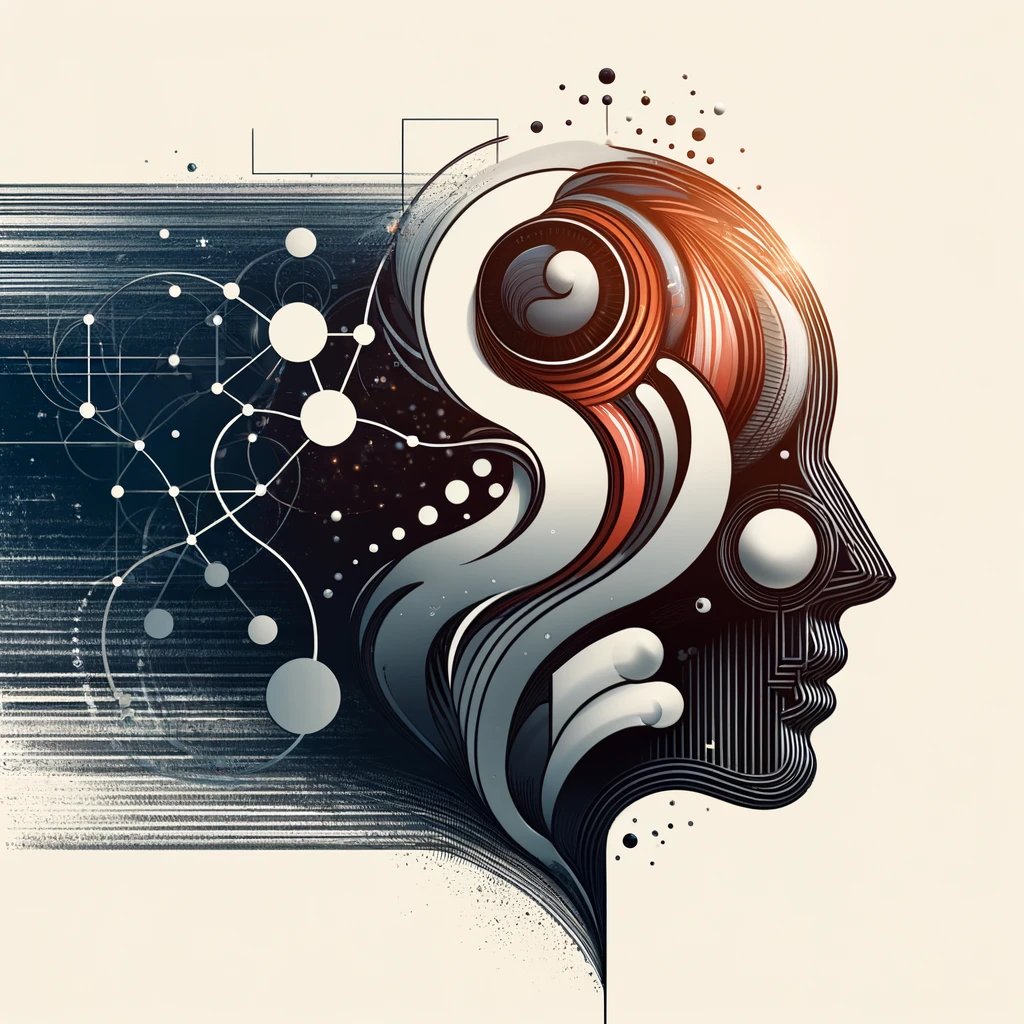



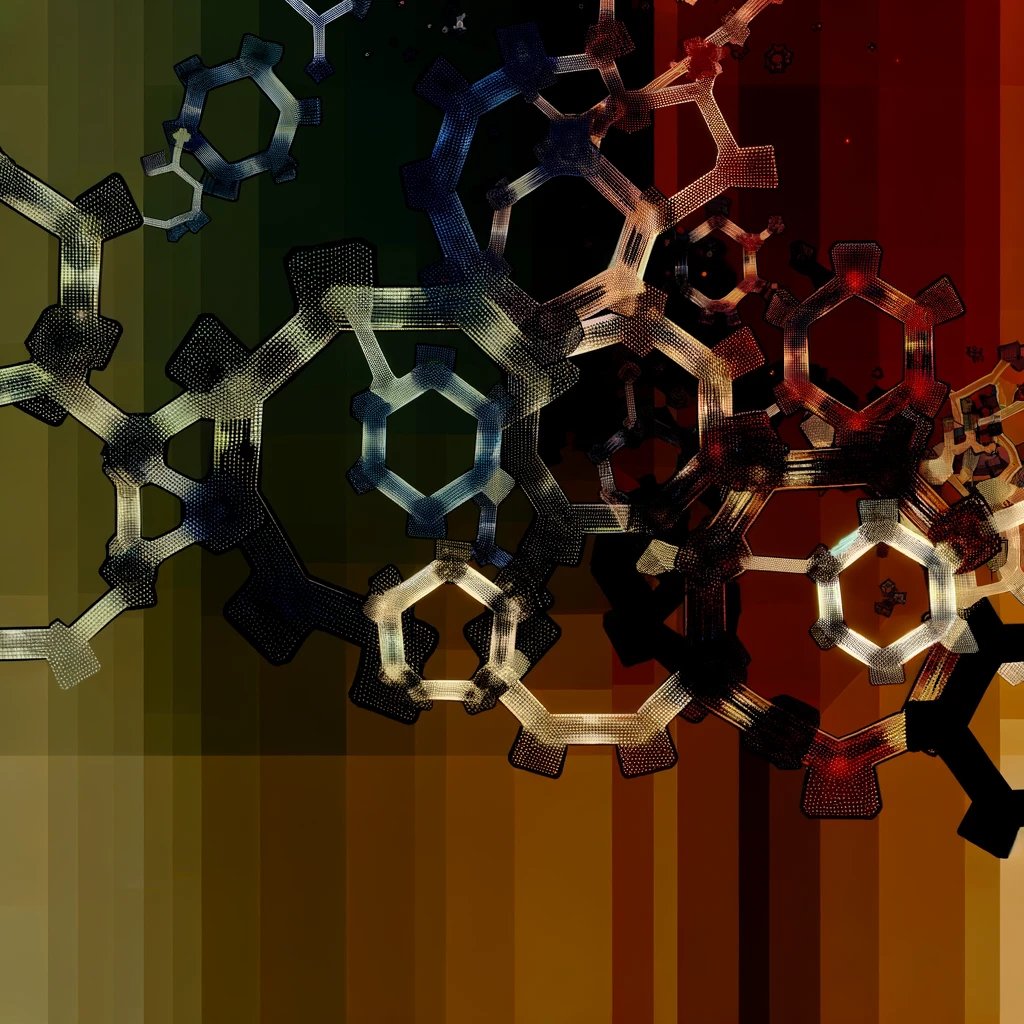
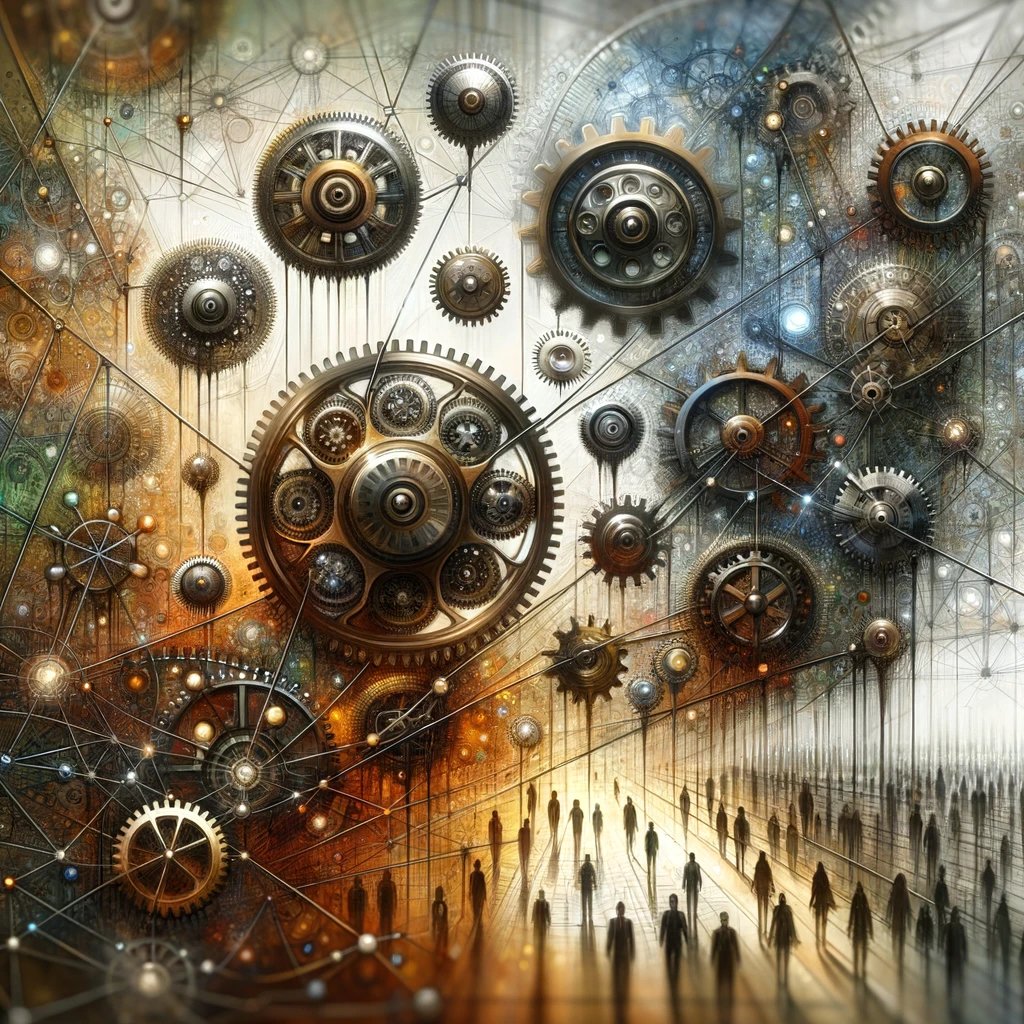































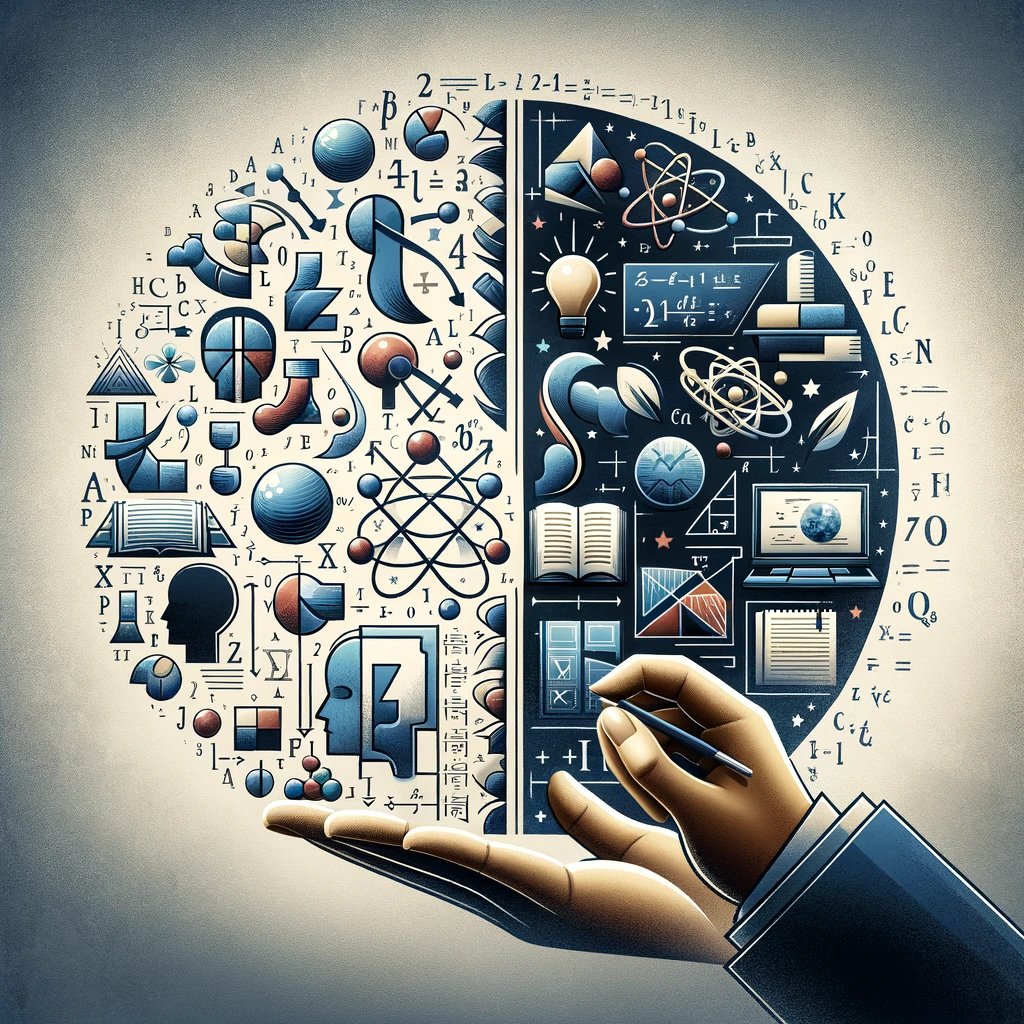
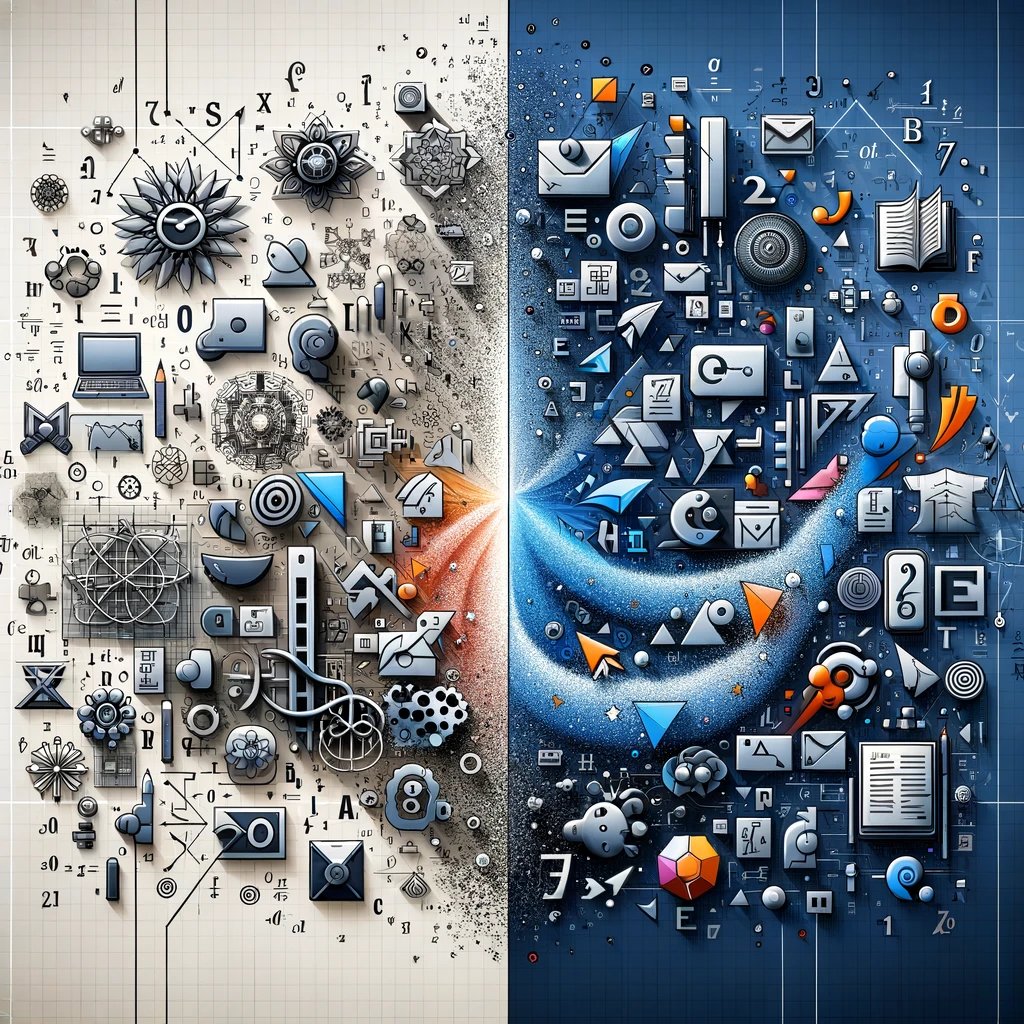
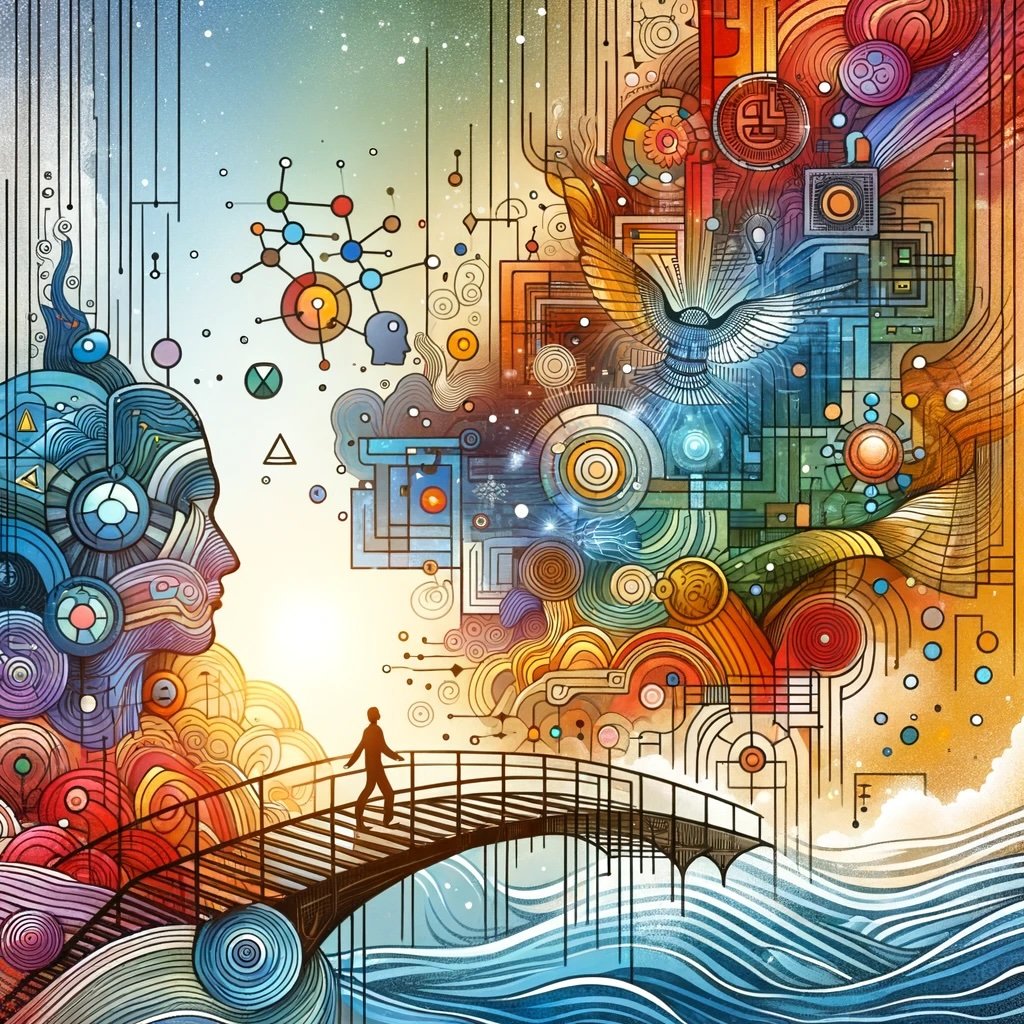














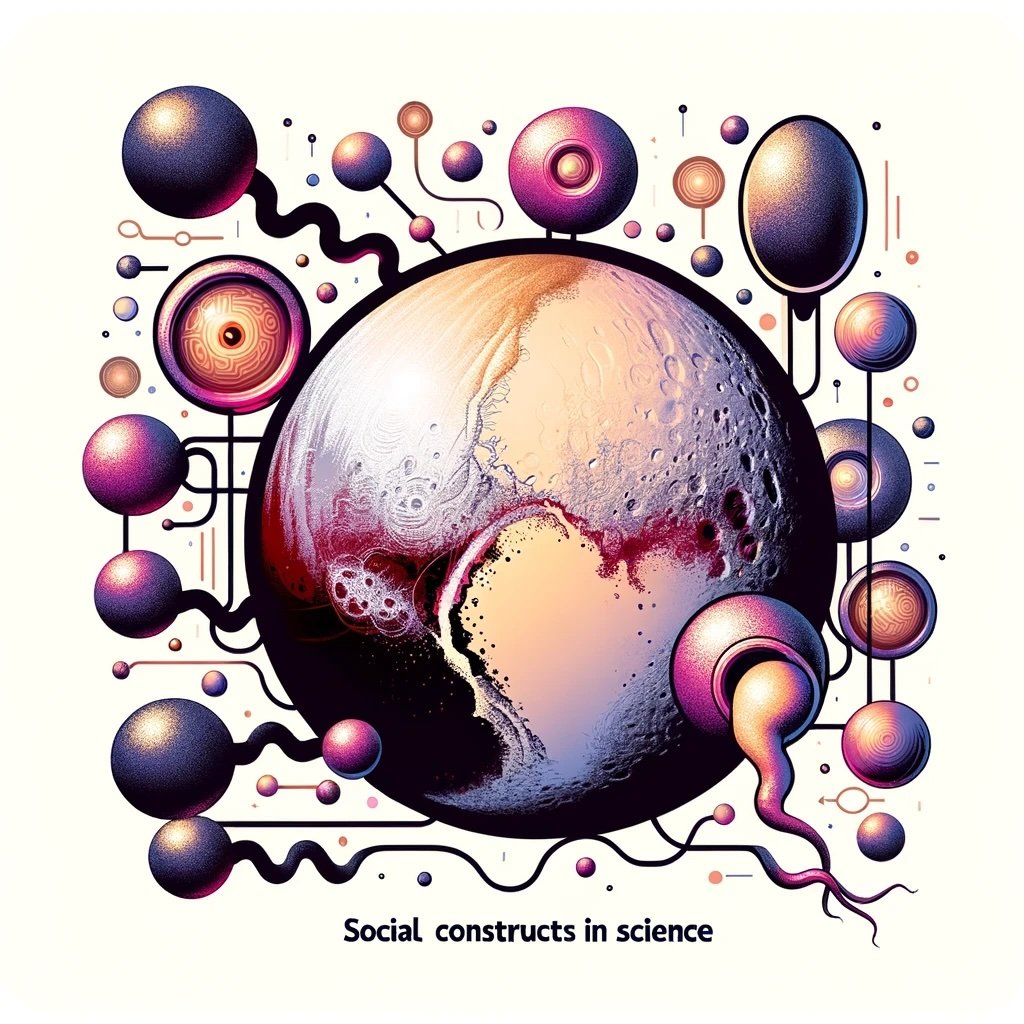
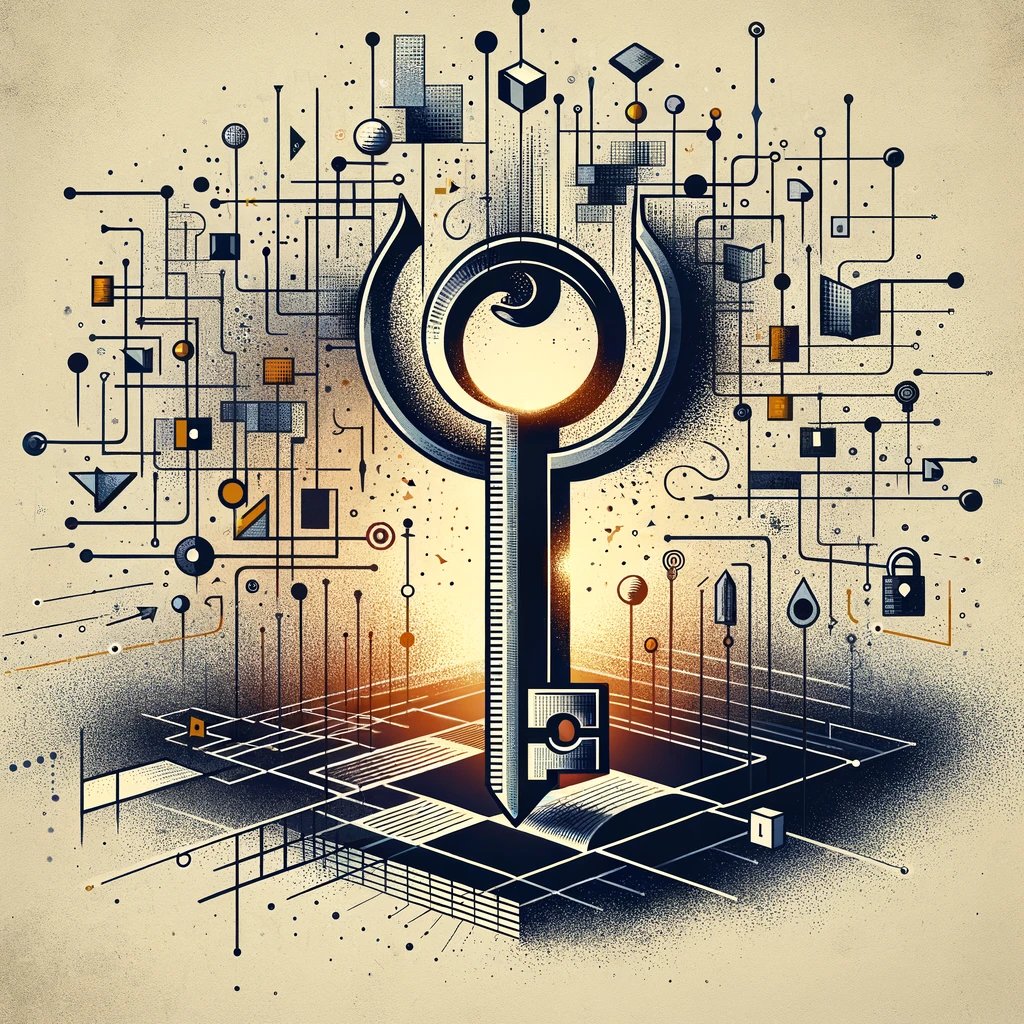








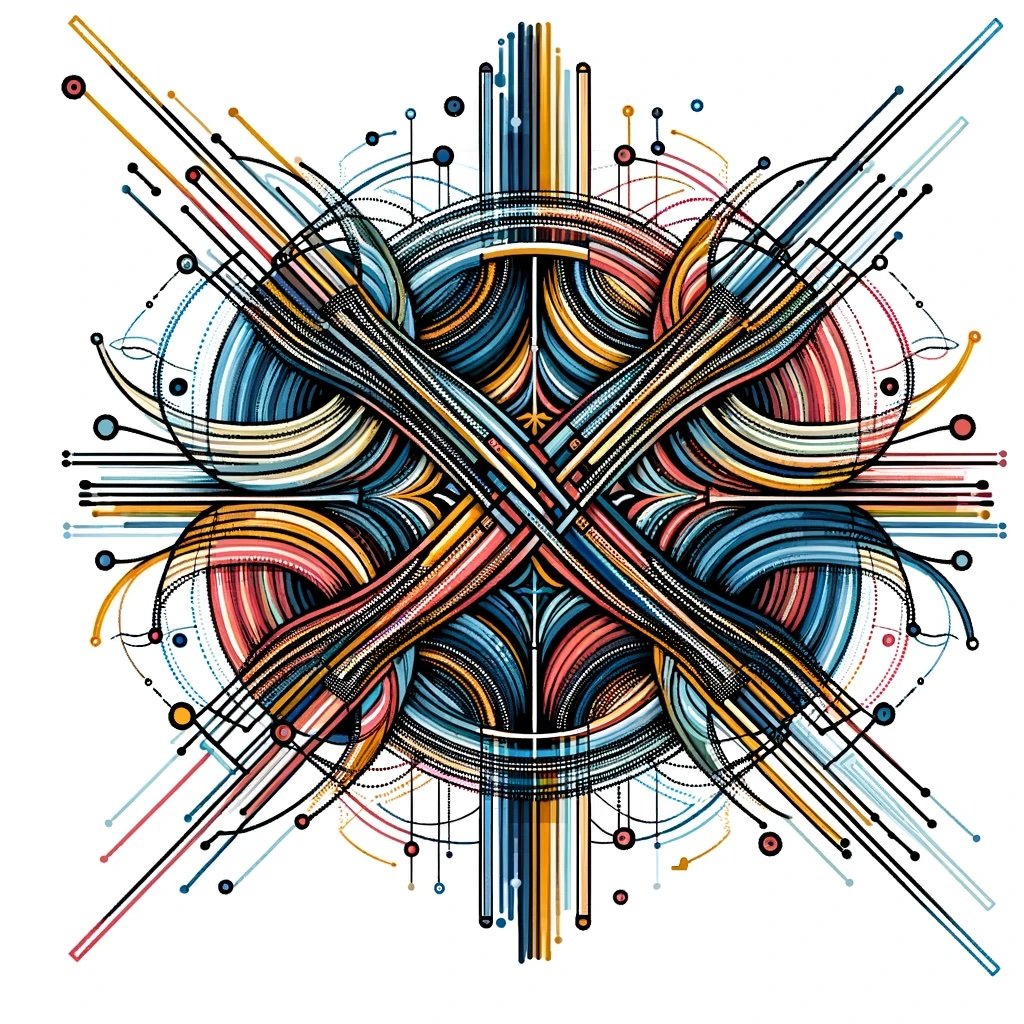

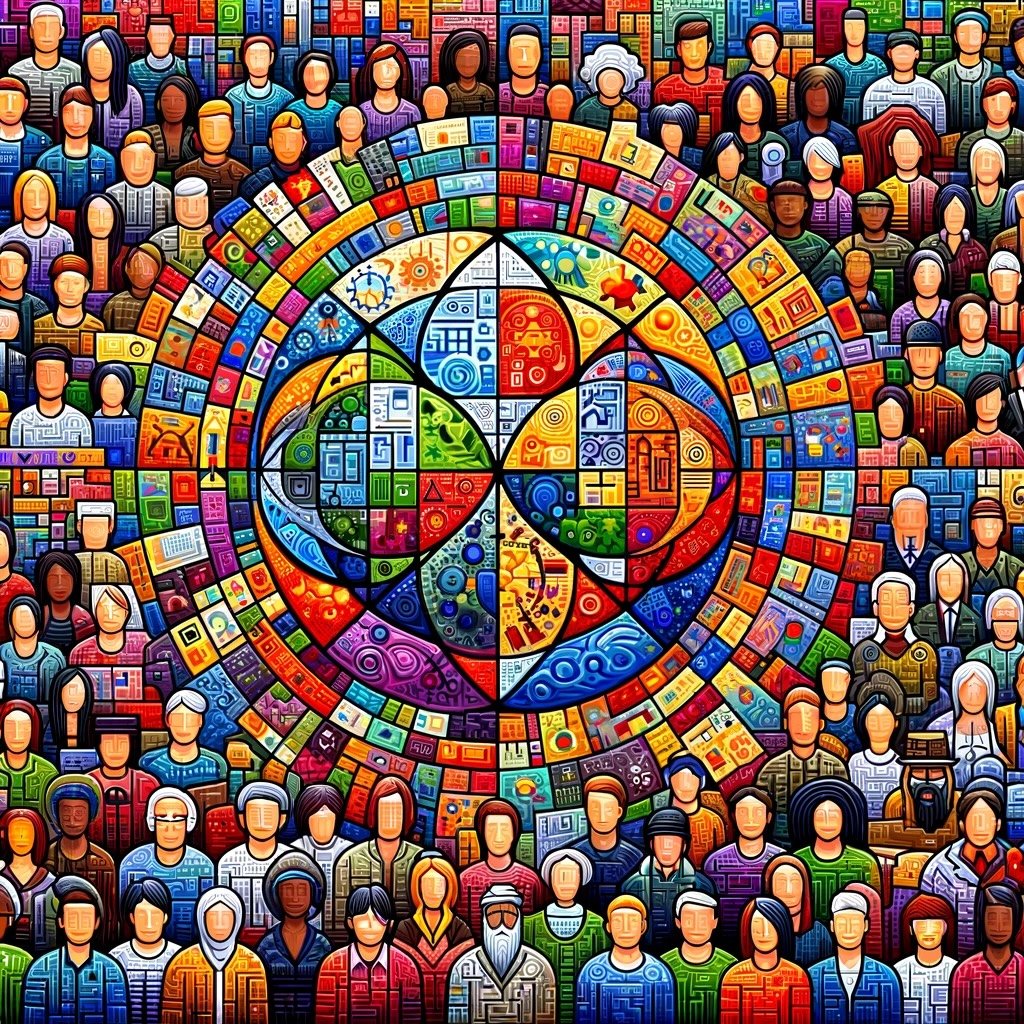


At long last I can share this: my next book, A Logician’s Code of Conduct, now has a page on the McGill-Queen's University Press site. It looks at how we might use logic more fairly in everyday life, drawing on feminist, queer, and post-colonial work, and it proposes a kind of code of conduct for our interactions that aims to avoid logical injustice.